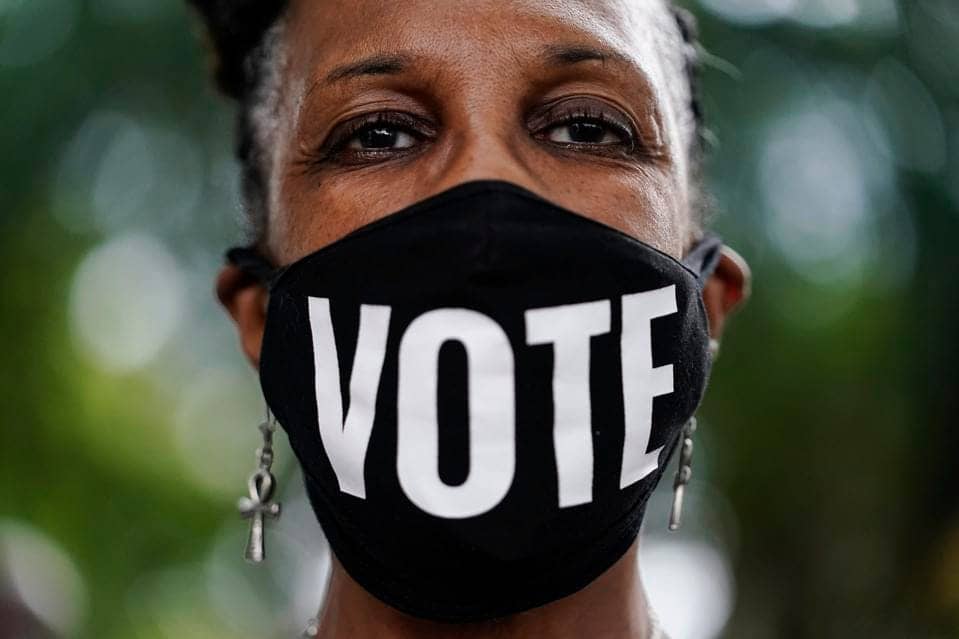
NO on all three School Board recalls! Campos for Assembly District 17
by Dr. Willie and Mary Ratcliff
For nearly three decades after passage of the landmark Voting Rights Act of 1965, Black people voted as a block. The slogan in Bayview Hunters Point was VOTE 100%. The Black vote could – and did – tip the balance our way, demanding – and getting – respect! Today, we feel that power rushing back.
For the special election coming up Feb. 15, let’s VOTE 100% again. You should have your ballot by now; if you don’t, call Elections at 415-554-4375. The ballot is simple: We’ll choose one of four candidates for California Assembly District 17, roughly the east side of San Francisco. The Bay View recommends David Campos. Read all four candidates’ responses to our candidate questionnaire below.
For why the Bay View strongly recommends a NO vote on all three School Board recalls, we join our favorite election pundit Jeremiah Jeffries. He’s a teacher; he knows! His wisdom follows the candidate responses.
California Assembly candidates’ responses to Bay View’s candidate questionnaire
David Campos’ responses:
1) Would you oppose further development at the Hunters Point Shipyard and Treasure Island until all toxic and radioactive waste has been removed and not capped?
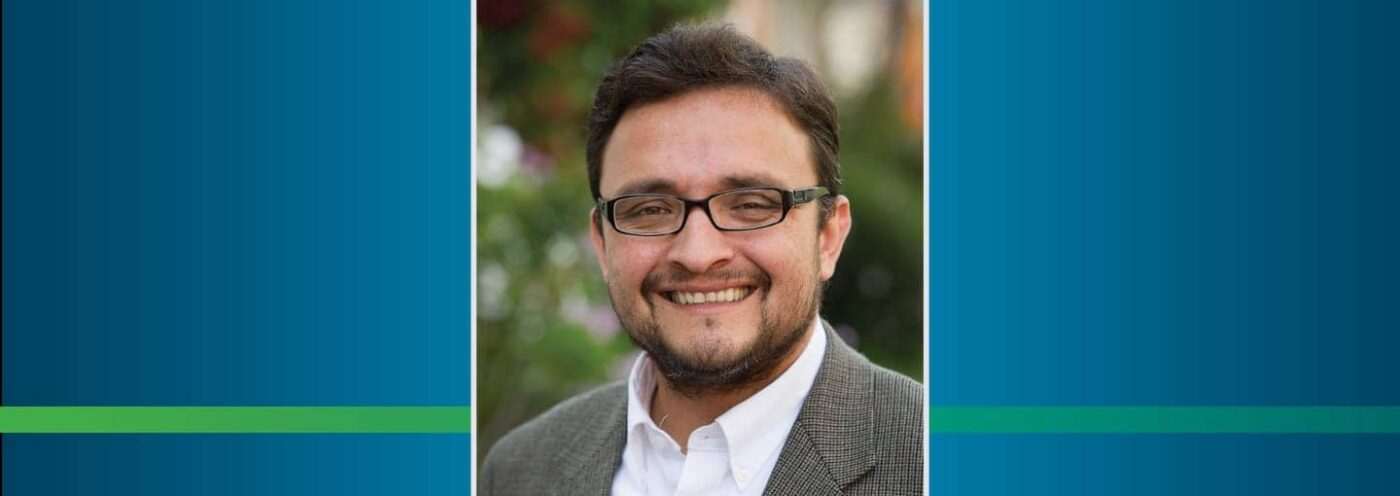
Yes absolutely. As a Supervisor, I opposed the Hunters Point Shipyard development because we knew what so many community members in Hunters Point knew: that the project was not safe to build. It is clear that during the environmental review Lennar, the other developers and their so-called “experts” lied, and these projects must not move forward until there is true, independent verification that all toxic and radioactive materials have been removed and not simply shifted from one parcel to another or covered up.
2) How do you feel about defunding police and prisons? Why?
We can literally work our way out of the crime challenges facing California by putting people to work. People facing economic desperation and people with behavioral health needs are responsible for the overwhelming number of crimes, and both of those challenges have solutions. When we create millions more high-wage jobs with programs like a Green New Deal, we have people paying taxes – not more people we are paying to keep in prison and jail. When we have quality mental healthcare available to everyone through Medicare for All, we save money, save lives and make our state safer. When our schools work for every child, we open a path to opportunity to everyone.
As someone who has been targeted by law enforcement because of the language I speak and the color of my skin, I know firsthand that holding police and prosecutors accountable is fundamental to making all of us safer. And as a former San Francisco Police Commissioner and current Chief of Staff to the District Attorney, I know how to do it. At DA Boudin’s office this past year, we filed the first ever homicide case against a police officer in the history of our city and we created a host of policies that limit charges that are a result of racist, pretextual police stops. But we must hold the politicians accountable too – and make sure they are working on the root causes of crime rather than simply exploiting fear of crime for political gain.
3) Would you listen to, meet with and follow unhoused people’s solutions to the crises of housing and homelessness?
Yes absolutely, and that is something I have done throughout my career. As District 9 Supervisor, I opened San Francisco’s first navigation center in my district. That project came about because of community input, especially the unhoused community, and we incorporated a great deal of the feedback we received from folks living on the streets. In particular, I remember making sure we allowed pets in the navigation center, because we heard from so many people that not being allowed to bring their pets into shelters was a major reason they did not go.
Another thing we heard directly from the source was how unsafe LGBTQ homeless folks felt in traditional shelters. That is what led us to open Jazzie’s Place, the first LGBTQ homeless shelter in the country right here in San Francisco. After serving my full eight years on the Board of Supervisors, I worked in Santa Clara County as a Deputy County Executive, where I spearheaded the creation of the second such shelter: The Haven.
Finally, when I first proposed a safe injection site in 2016, long before the idea was as popular as it is today, I did so because people in recovery pushed for the idea. They were adamant that the sites would be a groundbreaking tool to reduce deaths and provide those suffering from addiction with a path to sobriety, and the data backs that up. In the Assembly, I will work tirelessly to finally open a safe injection site right here in San Francisco, and even more across the state, to tackle the crisis of overdose deaths.
Matt Haney’s responses:
1) Would you oppose further development at the Hunters Point Shipyard and Treasure Island until all toxic and radioactive waste has been removed and not capped?
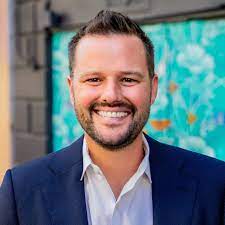
As Supervisor, I represent the over 2,000 households who live on Treasure Island, including families and children, and are majority people of color. My office has heard from many current and former Island residents about their concerns for their health and safety, and they deserve answers and the guarantee of a clean and safe environment. As a City, we have a responsibility to protect our residents and I have always supported the right of Treasure Island residents to speak up.
We have seen the discoveries of widespread fraud at the Shipyard, also a former naval base, and the Department of Justice even suing Navy contractor Tetra Tech. This has raised major questions for me and the residents who live there, and I have called hearings to get answers – and key organizations responsible for the cleanup of these sites, such as the Navy, refused to attend.
SF Bay View has been at the center of covering the continuing concerns of residents in these communities and documenting the continued health concerns that they’re experiencing.
The failure to adequately clean up these sites is a failure at every level of government and it’s clear that we need leadership at the state level to push for more answers, and more accountability on cleanup of Hunters Point Shipyard and Treasure Island.
2) How do you feel about defunding police and prisons? Why?
I believe we need to reimagine funding the police in a way that moves certain responses to public health officials while keeping our residents safe. There are some things police should not be doing. When someone is in a behavioral health crisis, paramedics should respond, and if it’s about homelessness, we need to make sure the Homeless Outreach Team responds. I support moving those responsibilities away from the police and that may mean shifting resources. I also believe we need community policing, we need foot patrols, and we need police to respond when there has been violence. We also need more diverse police who come from and live in the communities that they serve. We need new police who speak different languages, who are culturally responsive and trained. We need LGBTQ+ officers and police who identify as women – that’s what we need. We can do both, and that means making the right investments where needed.
In my district I have supported alternatives to police that move mental and behavioral health responses to public health officials by creating the Street Crisis Response Teams and putting community safety ambassadors out on the streets. The police have an important role, but they should be focused on real crime – violent crime. They should respond to these calls and be connected to the community, and that is the approach we should be taking. I believe in alternatives to policing, as well as police with an appropriate role in the community with foot patrols, and I have delivered on that.
I’m proud to have led the successful effort to close 850 Bryant with Supervisor Fewer and authored the Board’s resolution in support of Assembly Constitutional Amendment (ACA) 3, a state constitutional amendment that would prohibit involuntary servitude in California prisons and end the practice of forcing California inmates, who are disproportionately Black and Brown, into working for cents on the dollar.
3) Would you listen to, meet with and follow unhoused people’s solutions to the crises of housing and homelessness?
I am committed to meeting with, listening to, and following unhoused peoples’ solutions to the crises of housing and homelessness. As Supervisor, I have always centered these voices and worked closely with community advocates and service providers to bring effective solutions to these challenges. I live in and represent the Tenderloin where thousands of residents have lived through being unhoused or are currently living unhoused. They understand first hand the ways that our system is broken and how it has failed to protect our people. The only way to adequately address these challenges is to ensure our systems are designed in a way to center the people they’re meant to serve and that means listening to our unhoused neighbors.
Bilal Mahmood’s responses:
1) Would you oppose further development at the Hunters Point Shipyard and Treasure Island until all toxic and radioactive waste has been removed and not capped?
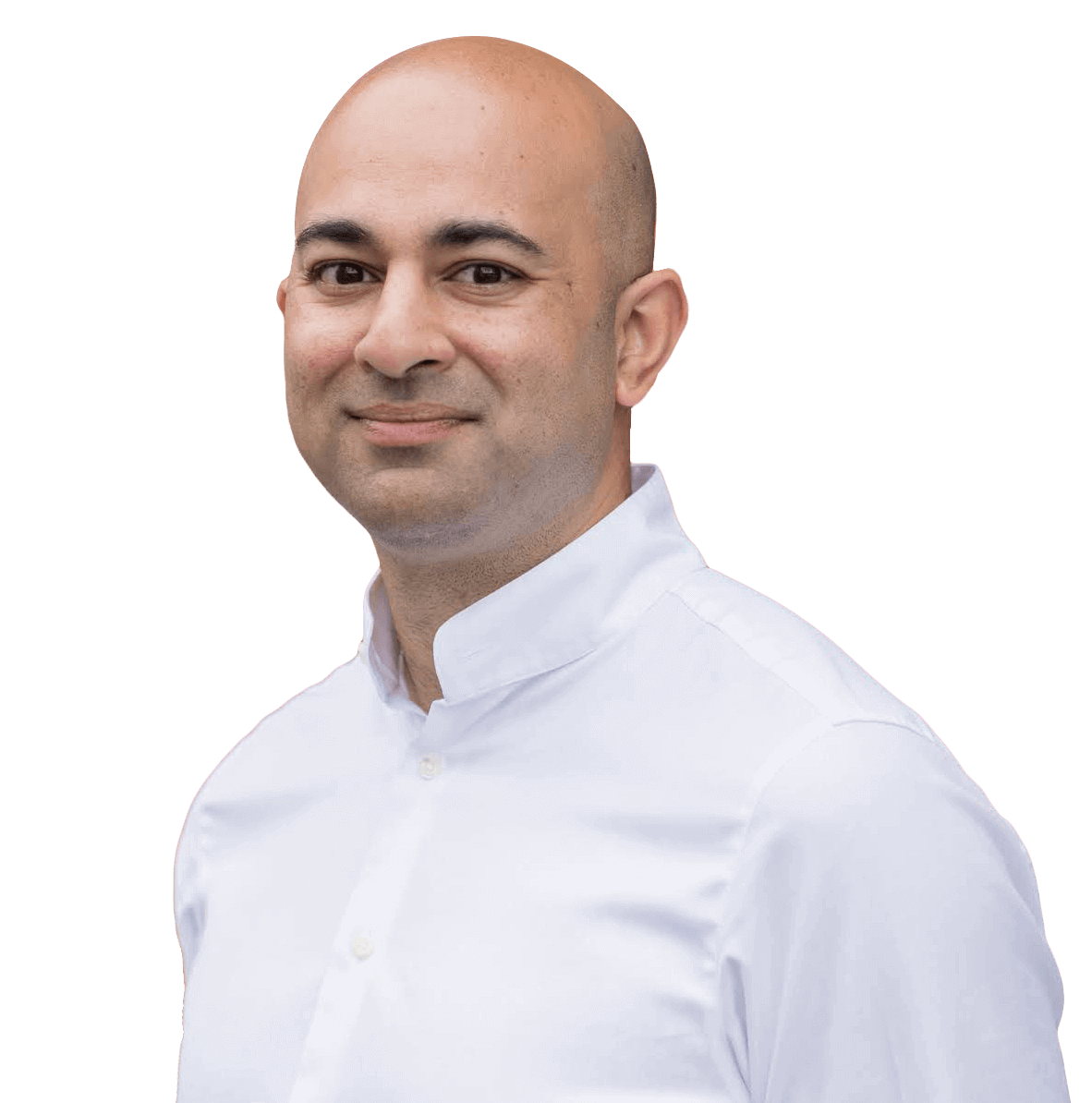
There have been significant and legitimate concerns raised over the years about incidents of radioactive contamination inducing illness in the Hunters Point Shipyard and Treasure Island areas.
While recent government reports have noted the waste has since been removed, the community’s concerns warrant further review considering the long history. I would be in support of halting development until an independent third party – perhaps from an international body or the UN – comes in to inspect the site and validates that the radioactive waste has indeed been removed.
In the interim though, we must acknowledge that we still do have a housing shortage in San Francisco. We should ensure that a commensurate amount of housing be built on the West Side of the city while the Hunters Point and Treasure Island projects are stalled for review, so we can continue to meet our housing needs as a city.
2) How do you feel about defunding police and prisons? Why?
We must reappropriate police funds to where they are most effective and also take a hard look at police reform. I fundamentally believe we can have both safer communities and meaningful reform. It’s not either or. In the Assembly, I pledge to reintroduce David Chiu’s AB 550 for automated speed enforcement – reducing unnecessary police confrontations at traffic stops where a significant percentage of attacks on people of color occur. I will also push for legislation that establishes standards for mandatory de-escalation training.
With respect to prison reform, I support the closing of juvenile halls. There are considerable reports of abuse in such facilities in California, and we need investment in rehabilitation alternatives to juvenile hall.
We also must retroactively expunge criminal records for marijuana convictions – while Prop 64 made it legal, over 100,000 individuals (predominantly people of color) still have marijuana convictions on their record because they have to apply for expungement. We should in turn require cities and counties to automatically expunge all such convictions by January 2023.
You can read more about our civil rights platform at www.bilalforassembly.com/platform
3) Would you listen to, meet with and follow unhoused people’s solutions to the crises of housing and homelessness?
Absolutely. I am a firm believer that policy should be developed with the voices of those affected, to supplement research and evidence. Over the course of our campaign, I have consulted and heard from numerous formerly unhoused individuals, academics and experts on how they entered into stable living and beat addiction or homelessness. (You can listen to one such interview we published live.)
Based on this input, we support a Built for Zero plan to solve chronic homelessness in California. The plan involves four components – a centralized public/private command team, real-time data to monitor the status of every unhoused person, guaranteed shelter and supportive housing, and integrated case management teams that deliver personalized care to every individual. This type of program treats every unhoused individual as a human being and has worked to solve chronic homelessness in 14 cities across the US.
You can read more about our plan to address homelessness here: https://bilalmahmood.medium.com/homelessness-is-not-a-money-problem-its-an-ideas-problem-c5b2e270ee5e.
Thea Selby’s responses:
1) Would you oppose further development at the Hunters Point Shipyard and Treasure Island until all toxic and radioactive waste has been removed and not capped?
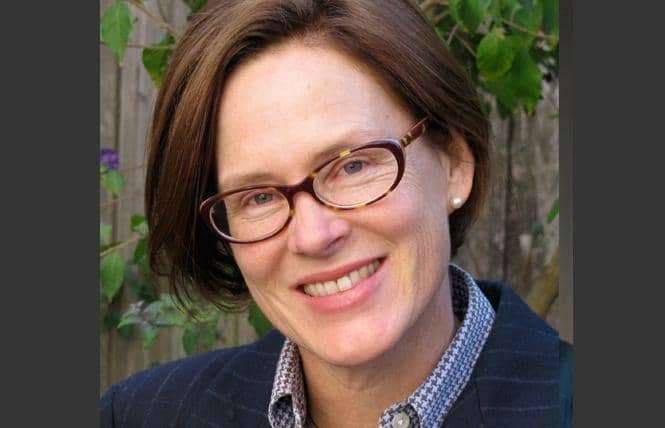
I recently talked to a resident who lives in the Hunters Point Shipyard and asked him how he feels about raising a family there. He is still uneasy and I understand why. I’ve long had concerns about nuclear power precisely because we are still struggling to dispose of it safely. The Hunters Point Shipyard suffers from being the industrialized outlying area of San Francisco where they literally washed nuclear fallout off the ships that were observing the Bikini Island nuclear tests. It is also the home to many of our Black residents and other “redlined” populations. We should not push forward on additional building until we can guarantee that the area is safe for existing residents, which, minimally, means free of chemical and especially nuclear waste.
2) How do you feel about defunding police and prisons? Why?
I believe everyone – from the homeless in the TL to the immigrant families in the TL to the Asians in this city to the residents in the Bayview – should feel safe. Police violence is a real concern for many residents, particularly Black and brown San Franciscans. This is unacceptable. I support police reform – emphasizing improved training, community policing, protecting the rights of all residents and de-escalation. We also should add domestic violence experts, social workers and drug and mental health experts to 911 calls. Other cities have piloted such programs and we can expand on them here in San Francisco. And we need to invest more in violence prevention, mental health and addiction treatment, housing, education and health care. It’s far better and more effective to prevent crime before it occurs, and our budgets should reflect that.
We have a prison industrial complex. Entire towns that depend on the prisons for jobs for their families. My friend Jesse Burleson, as a fellow with the Legal Services for Prisoners with Children, worked on a bill that would change our constitution and make involuntary servitude, currently legal in prisons, illegal in California. I will continue to support that change in the hopes that as we hollow out the money-making capacity of prisons, we hollow out the prison industrial complex.
3) Would you listen to, meet with and follow unhoused people’s solutions to the crises of housing and homelessness?
I already have and I would continue to do so. I have been spending time, for example, outside the Linkage Center on Market and Eighth. I have been talking to unhoused residents in the area, telling them about the Linkage Center, and asking them if they have been approached (uniformly no) and if they are interested in trying it out for help with food, showers, a place to stay. I also talk with Urban Alchemy, a nonprofit I believe has been overall a good thing in the TL. They have taught me, among other things, that if you do not have an ID, you cannot get shelter in this town. They have also taught me that many drug-addicted women are human trafficked for drugs and their IDs are taken away. These two facts taken together mean that the very most vulnerable cannot get shelter in this town. We can do better.
Jeremiah’s Social Justice Voter Guide for the Feb. 15, 2022, Special Election: OUR SF PUBLIC SCHOOLS and ELECTIONS ARE NOT FOR SALE!
by Jeremiah Jeffries, a teacher
This special election was created specifically as part of a backlash against the gains and momentum that have been building since the former orange president’s election signaled a wake-up call to well meaning liberals and progressives alike, that we cannot take progress for granted. We cannot ignore the racism and violence against people of color that is so pervasive that we had become desensitized to it and found ourselves having to assert something as basic and baseline humane as Black Lives Matter or Stop Asian Hate.
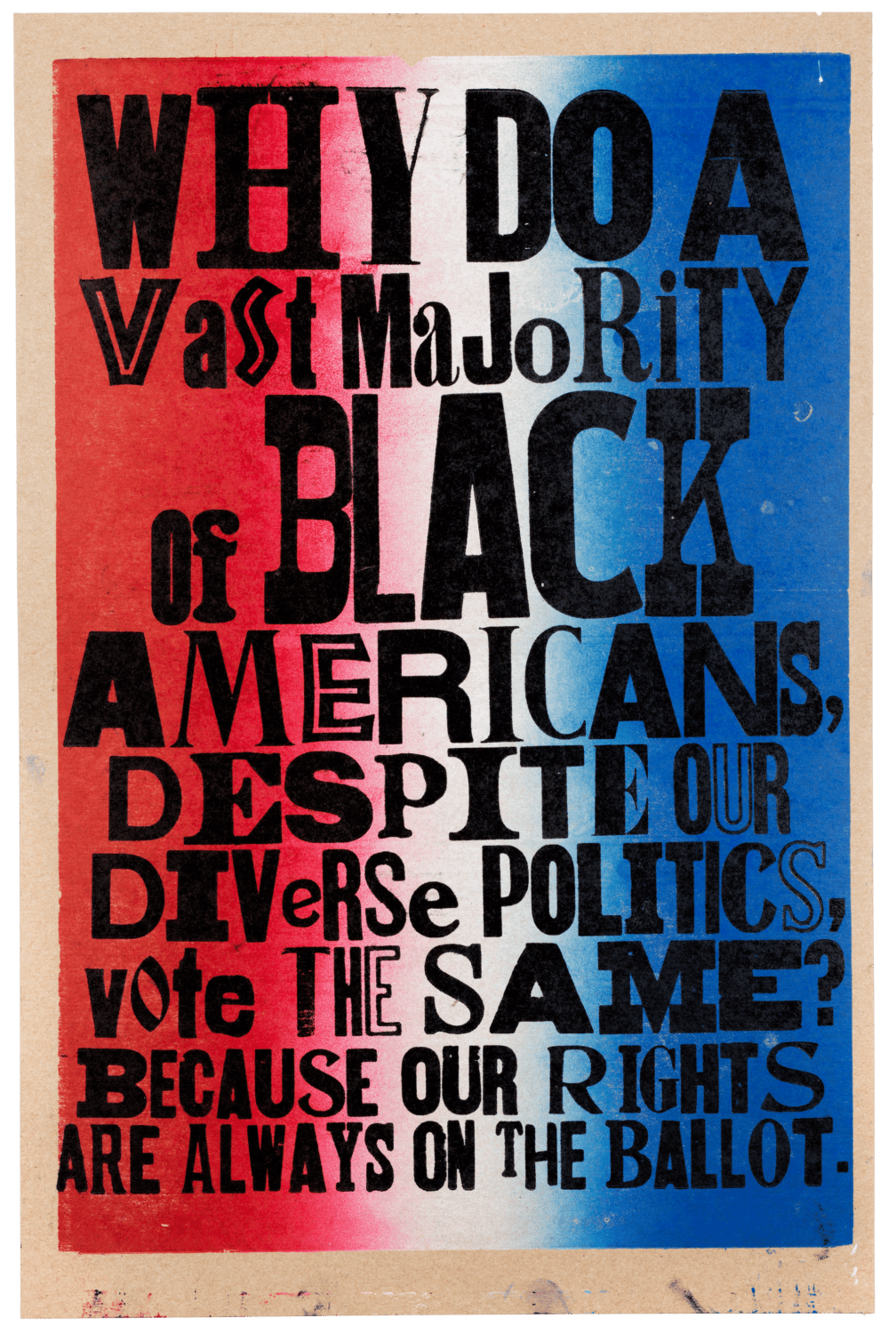
Ballot for the Feb. 15, 2022, Election
Propositions:
PROP A- VOTE NO!
PROP B- VOTE NO!
PROP C- VOTE NO!
VOTE NO ON ALL SCHOOL BOARD RECALLS. VOTE NO ON ALL RECALLS.
Vote No on all School Board Recalls – In San Francisco, this recall, like the Legion of Doom, has brought together some of the worst elements of political society and has corrupted, silenced or bullied many city leaders. This is the cast of characters that have been working together to steal our elections and control our local school board. They are:
The Lex Luthers: Wealthy conservative business interests who want to buy elections and privatize public spaces. They bought and paid for their campaign to pretend to be grassroots and concerned for public schools, but if you follow the money their real intentions are revealed. They have dropped over $1 million to buy this election, which is more than any single SF school board election, including all the candidates – win or lose – combined in a single election ever.
The Gorilla Groods: The undercover and not so undercover elitist racists who believe Lowell is the pinnacle of academic achievement and should be rewarded only to those students who truly benefit from the inequities in our economic and educational systems and need a safe haven from those “lesser” students who are academically challenged by the systemic racism, wealth and opportunity gaps in San Francisco.
The Jokers & Bizzaros: The art snobs, alumni groups, disgruntled former admin employees of SFUSD, chronic disappointing former electeds (here’s looking at you, Matt Gonzales), who built a small fiefdom of waste and white culturally centered art opportunities, who believe white makes right and students should be subjected to visuals of violence and racism – see don’t see Washington High School Murals – and school names that reflect racists and deeply problematic people; there are 44 of them!
Our schools need resources, not recalls.
The Captain Colds: The “I got healthcare, but need childcare, and believed some folks getting sick and dying (mostly Black, Brown and working class) is OK,” Covid-deniers who wanted schools open fully, with no mask during a pandemic, who proliferated and extended Board meetings to vent rage and racism against public servants on the Board of Education trying to do right and keep people safe.
And the final members of this not so super, but villainesque nonetheless, group attacking our public schools are The Cheetahs, the city officials who want to politicize and take advantage of the struggles facing our public schools to gain power for themselves and their wealthy allies (here’s looking at you, Mayor; you endorsed Bloomberg really!?!) and who instead of trying to undermine our public schools should really focus on addressing the ongoing multiple crisis facing the city, including the history of City Hall corruption, chronic homelessness, lack of affordable housing, rampant crime and drug addiction on full gross display in the Tenderloin, Market Street corridor and Civic Center. These same elected officials are neither qualified nor proven trustworthy to entrust with our public schools and the future of our children.
In addition to this convergence of negative politics and cancel culture, there is also the very real and pervasive anti-Black and racial backlash to stop the equity work that this board has been moving forward, including ethnic studies and culturally diverse libraries PreK-12, language pathways for Arabic and Vietnamese students, accessible and culturally relevant Arts, Math and AP courses, serving homeless students and families in our schools, renaming schools named for slave owners and that have generally problematic names, being responsive to the demands of Black and Indigenous students and families while leading the work to have community schools with wrap around services for students and their families.
Now you know who has aligned against our public schools and this Board of Education in this election. They know if they can win a recall of just one candidate in SF, it will be worth it and mean they can do it anywhere. This is a national trend targeting democratic, progressive and people of color public servants. Will you join me in a multitude of public school parents, educators, labor and community based organizations to say No School Board Recall? VOTE NO. Tell others to VOTE NO, VOLUNTEER and DONATE, at http://www.NoSchoolBoardRecall.org.
Our Board of Education needs us to show up to do the difficult systemic change with them and to navigate us through this pandemic. Our schools need resources, not recalls.
Dr. Willie and Mary Ratcliff, publishers of the Bay View, can be reached at mary@sfbayview.com or 415-671-0789. Jeremiah Jeffries is a San Francisco public school teacher and a co-coordinator of Teachers 4 Social Justice. He can be reached at empower75@gmail.com.





